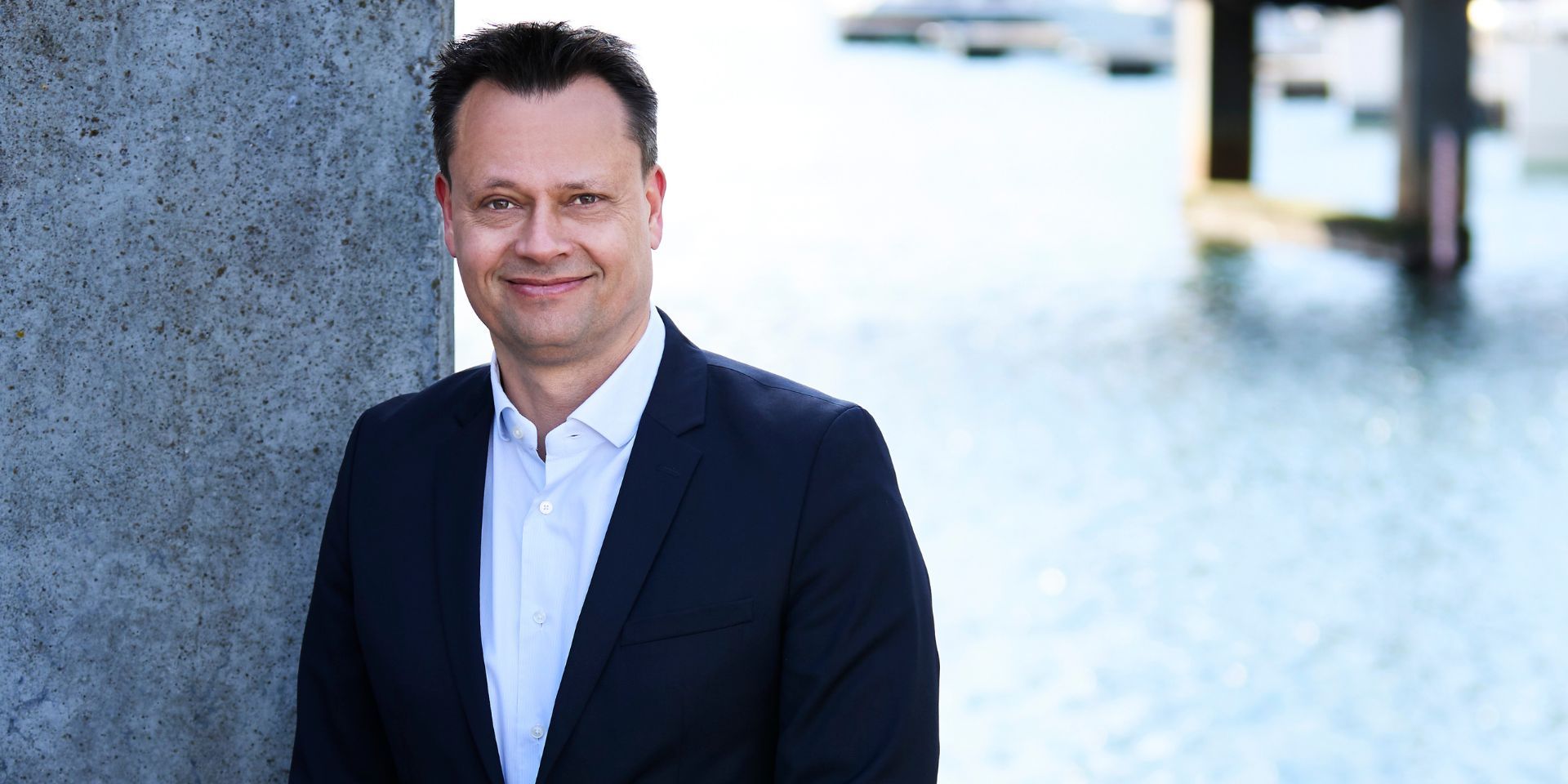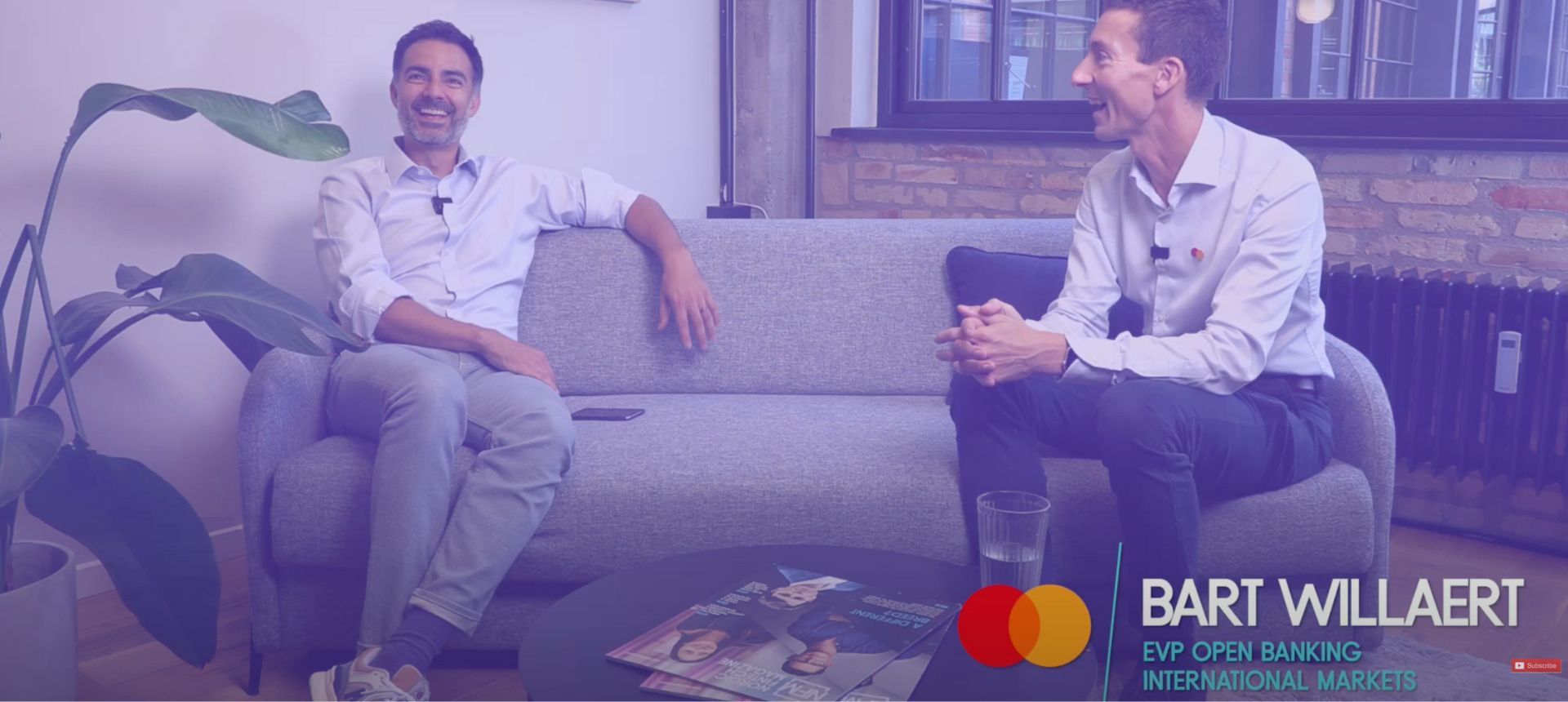
Meet Christian Panton: Co-Founder, Activist and Lead Developer
March 10, 2020 | Louise Basse
He’s researched on the ice sheet in Greenland. Won the Data Protection Award in 2019 for his fight to reduce public surveillance. Reverse engineered hundreds of interfaces to create a more user-driven financial sector.
Christian Panton is not easy to put in a box, to say the least.
With a background in geophysics, he’s now Co-Founder and Lead on the Connections Team at Nordic API Gateway. I sat down with him to talk about problem solving, activism, work-life balance – and everything in between.
Let’s see what he said.
Rumour has it, you have a PhD in Geophysics. How did you come to be a developer?
That’s a good question. I hold a Bachelor’s Degree in Nanotechnology, a Master’s Degree in eScience and a PhD in Geophysics. The time I spent at university was valuable in terms of giving me lots of experience with hands-on problem solving. I could use the university as a playground to test and try a lot of new things that benefit my job today.
As a part of my PhD, I spent some time researching in Greenland to create an algorithm that connects different ice cores with the help of radar images. Working on the enormous ice sheet in -37 °C with limited access to tools gave me a whole new outlook on problem solving that I still use to this day.

It was a whole other world in which I had to solve problems and make quick decisions with the tools I had with me. Often, we had zero idea why things weren’t working. That has given me a ballast that means I’ve tried most things. Today, I’m using these learnings in other domains as well, and especially when it comes to problem solving.
Last year, you won the Data Protection Award. What makes you so passionate about data protection?
It’s a mix between freedom and justice. I’m a data activist because I believe It should be transparent what other people know about me. Nobody should know more about than they say, or what I know about myself. No business or institution should do surveillance that’s on the edge of what’s legal. That said, I fully understand why some institutions or organisations, such as the police, have the right to investigate something. But I don’t think it’s right to suspect people upfront.
And that’s exactly what my activism has focused on. Data should never be collected upfront without any specific reason. I won the Data Protection Award for reducing telecommunication logging after many years of fighting. That resulted in the fact that Denmark’s biggest telecommunication network, TDC, only log 2-3 percent of the data that they used to do. In this way, TDC does not register data that is not required by law – and I think that’s a much fairer approach.
On top of that, I’m now looking at areas in which institutions or organisations conduct public surveillance of everyone “just in case”. This could be license plate scanners or other instances where data is collected upfront. In my opinion, that’s not how a modern, democratic society should operate.
If we apply your passion for data protection to the world of financial services, how do we make sure to balance compliance and convenience?
For me, it’s all about transparency. It has to be transparent how businesses use data, and consumers need to be okay with that. I use Spiir and a lot of other services that I’ve made an active decision to use. I trust the services I use, and I’ve considered what could happen if there’s a data breach.

I don’t believe consumers should do a major risk analysis every time they use a service but they should, however, consider if they are okay with the fact that the service uses their data for a specific purpose. On the other hand, it’s up to the services to make it transparent and easy for consumers to understand what they use data for, and consumers shouldn’t have to read 50 pages to gain that knowledge.
What does a typical workday look like for you and your team?
Every day looks different on our team. There’s always a lot of stuff happening and it’s not really possible to plan my day in detail. There’s a great emphasis on problem solving and fast decisions making in our team to make sure our product works at all times. I really like the fact that we’re able to solve problems quickly so we have a fast turnaround. Even though I believe you can use coding to solve most problems in the world, I don’t see coding as the ultimate goal of anything. It’s just a tool to solve problems.
We have a skilled and successful team that truly understands that responsibility is something you take and not something you’re given. I’m happy that everyone on my team takes full responsibility, so I don’t have to be involved in every decision. I don’t like the thought of a hierarchical work culture where a few people have to make the big decisions.
That’s why we have such a high degree of autonomy and independence on our team to develop a product that we think is right. I thrive in having a broad role where I don’t have to work on the same things every day. One moment, I can work on solving a problem about computer software. The next moment, I’m giving a speech for business people, and at the end of the day, I can talk to the FSA about a new piece of legislation. That makes it exciting to go to work every day.
Keen to join an independent team of skilled developers and other creative minds? Check out our job openings or drop us a line to learn more.




